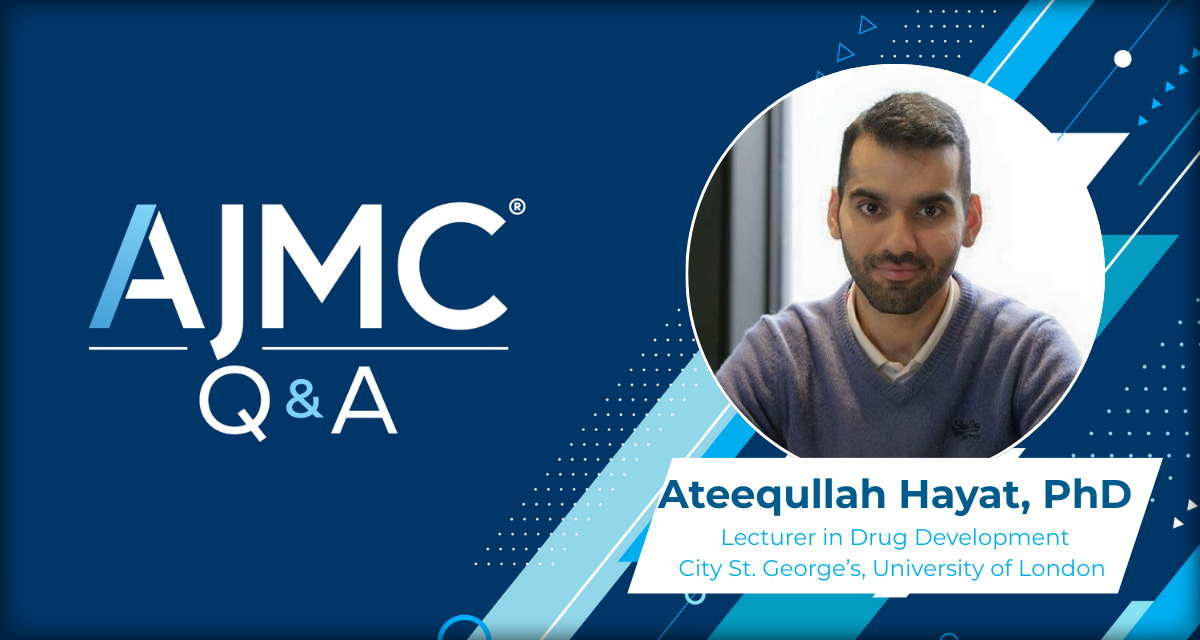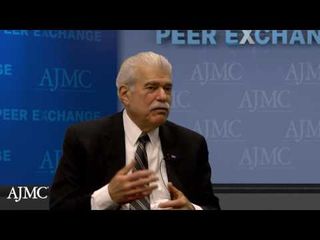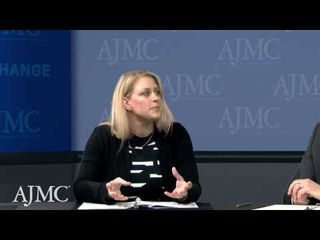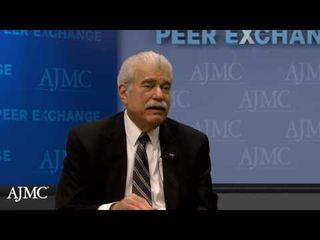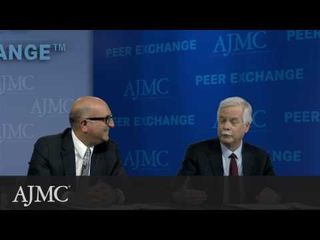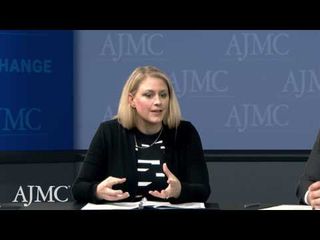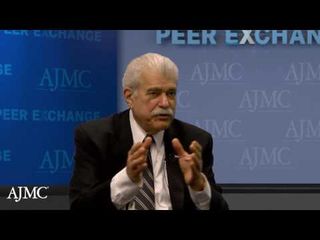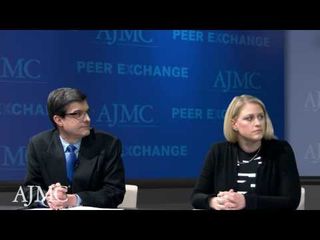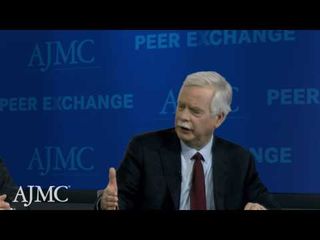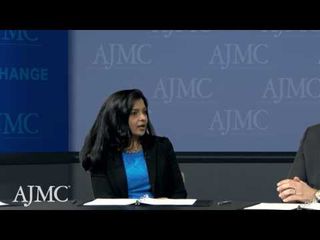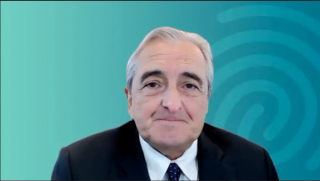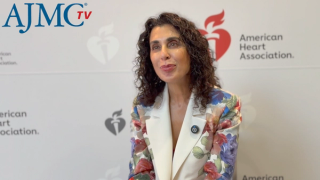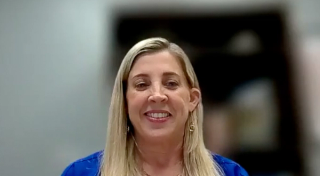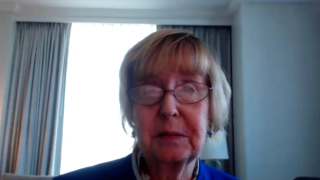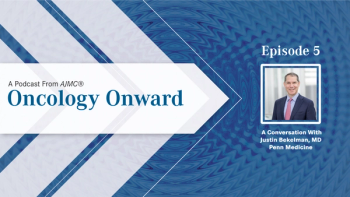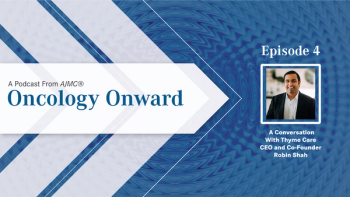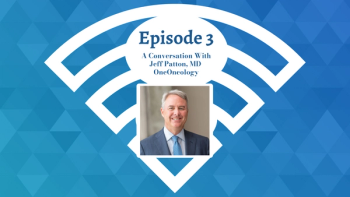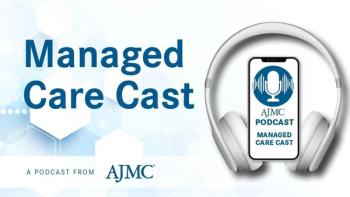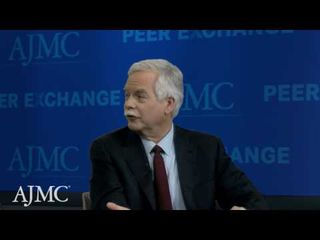
Value-Based Care
Latest News
Video Series

Latest Videos
Shorts
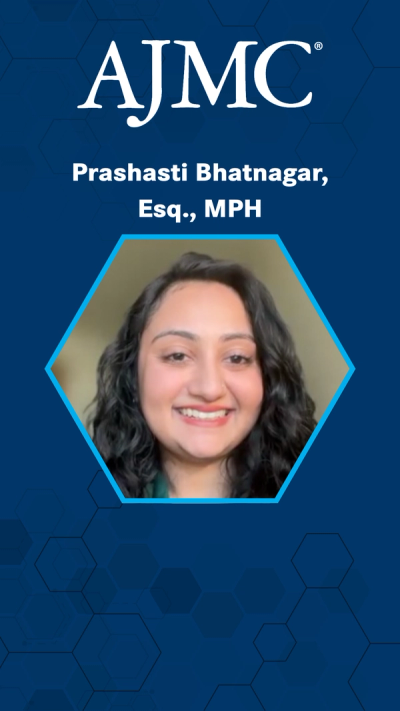



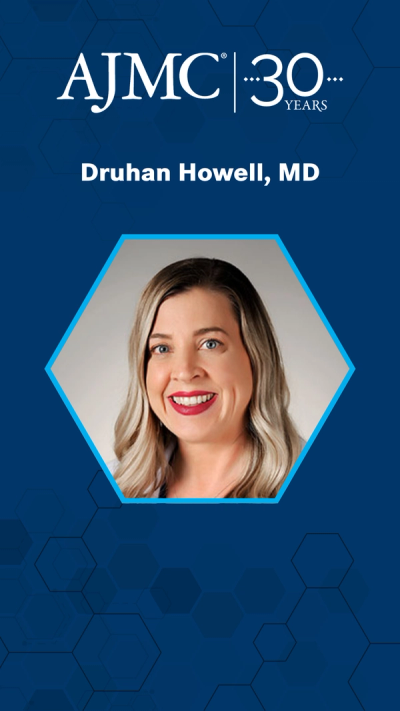
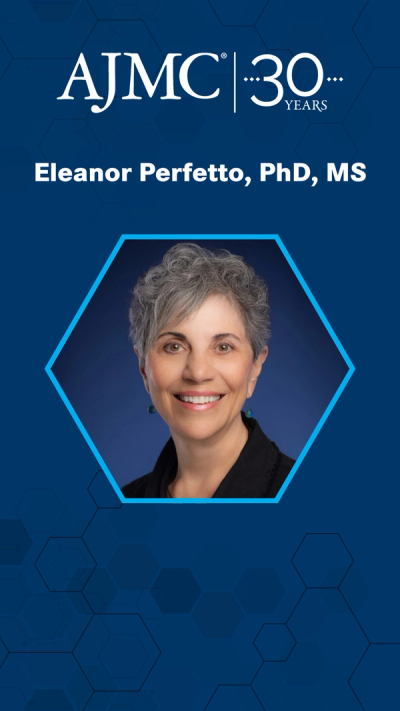

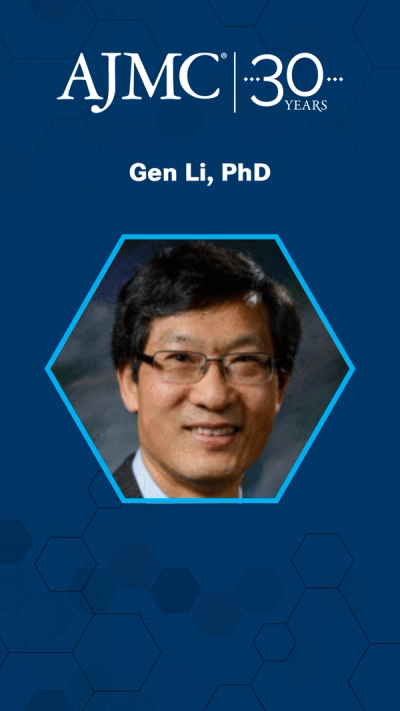


Podcasts
CME Content
More News
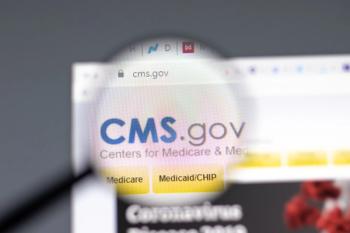
CMS’s 2027 proposed MA payment rate increase of .09% falls short of expectations, potentially increasing premiums and reducing benefits for seniors.

Explore how network integrity enhances managed care strategies, driving value-based care success and improving patient outcomes in health systems.
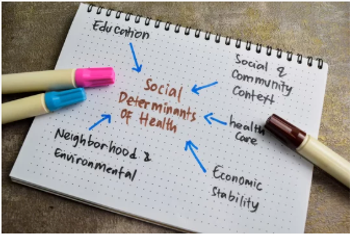
Socioeconomic and demographic factors influenced amputation and recurrence rates in upper extremity soft tissue sarcoma.

Oral nalbuphine significantly reduced cough frequency and severity in idiopathic pulmonary fibrosis (IPF), with patients seeing greater benefit at higher doses.

New York City nurses continue their strike over staffing, safety, and benefits through negotiations on day 5 of the city’s largest nursing strike.

France approved botensilimab plus balstilimab for select ovarian cancers and soft tissue sarcomas, expanding early access to this dual immunotherapy.

Jose Guzman Garcia, PharmD, MHA, BCCCP, discusses key pharmacy initiatives at UC Davis Health.

Poland’s LiBRha project will expand liquid biopsy and molecular testing nationwide to improve diagnosis, monitoring, and outcomes for children with soft tissue sarcoma.

ED law enforcement interactions affect survivors of violence and immigrant patients, emphasizing training and advocacy.

Patients undergoing lung or colon cancer surgery at rural hospitals that later closed had better outcomes after transfer to high-performing oncology centers.

Lower income and higher social deprivation were associated with increased heart failure and arrhythmia risk in patients with hypertrophic cardiomyopathy.

A meta-analysis found β-blockers did not improve clinical outcomes in patients with acute MI and preserved LVEF, raising questions about routine use.

Nimbus Therapeutics and Eli Lilly announce their partnership to develop a novel oral drug for patients with obesity and other metabolic disorders.
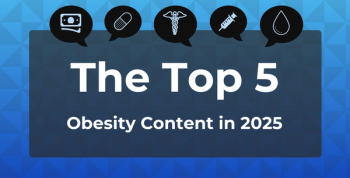
Our top 5 obesity articles of 2025 highlight GLP-1 prescribing trends, insurance coverage, co-pay caps, real-world use, and access challenges.

Here are our top highlights from AAD 2025 that include safety of topical JAK inhibitors, climate impacts on skin health, affordability of classic therapies, and advancing AI in dermatology.
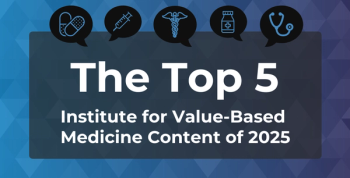
From oncology to cardiology, Institute for Value-Based Medicine® conversations highlighted the ways value-based care is reshaping access, equity, and outcomes.
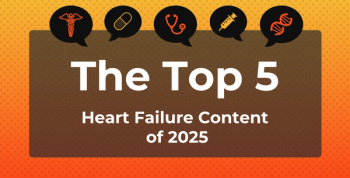
Our top 5 heart failure content of 2025 include FDA approvals, GDMT optimization, risk markers like LBBB and SDOH, and value-based care models improving outcomes in heart failure.
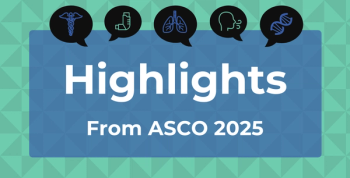
ASCO 2025 highlighted breakthroughs, including improved cancer survival in key trials, new AI guideline tools, and expanding GLP-1 cancer research.
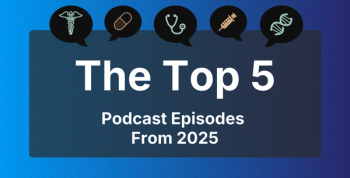
The top Managed Care Cast episodes explored wellness visits, weight loss drug access, neurospine care, public health policy, and ketamine-assisted therapy.

A phase 2b trial found vixarelimab rapidly reduced itch and lesion burden in prurigo nodularis, with sustained benefit and a favorable safety profile.

A new study finds patients with unmet social needs like housing or transportation face higher ED and inpatient use and that resolving these needs may reduce utilization.
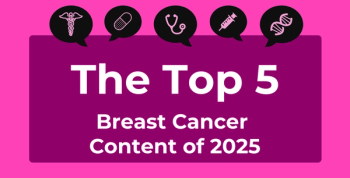
Our top breast cancer stories in 2025 covered FDA approvals, new and failed therapies, screening gaps, and policy factors shaping treatment access and outcomes.

AHA 2025 highlights included new guidelines and targeted approaches advancing heart failure and cardiovascular care.

Pediatric atopic dermatitis advances, ruxolitinib safety, IgE insights, and more at the Society for Pediatric Dermatology (SPD) 2025 meeting.

Value-based care adoption in employer insurance requires replacing fragmented point solutions with unified, at-risk performance contracts that align vendors, providers, and members around total cost and quality goals.
